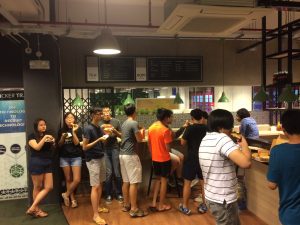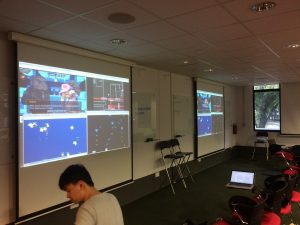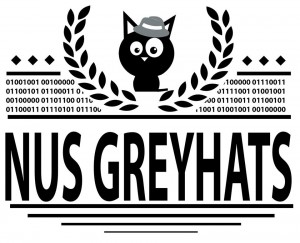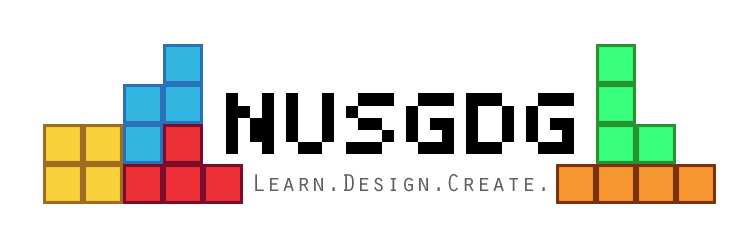Posted on June 6, 2016 by orbital
 Tomorrow, Min (@knmnyn on Slack) will cover Machine Learning for Newbies for fun. As the basic foundation in the 4A workshop, he will cover what machine learning is about, and have you enrol into Kaggle, a machine learning global competition system, in which you’ll try your hand at submitting an entry into the Facebook check-in competition, using some really simple settings (often called “the baseline”). We’ll review some fundamentals in machine learning and give you some intuition on they work, with the hope of getting these things working in 4B.
Tomorrow, Min (@knmnyn on Slack) will cover Machine Learning for Newbies for fun. As the basic foundation in the 4A workshop, he will cover what machine learning is about, and have you enrol into Kaggle, a machine learning global competition system, in which you’ll try your hand at submitting an entry into the Facebook check-in competition, using some really simple settings (often called “the baseline”). We’ll review some fundamentals in machine learning and give you some intuition on they work, with the hope of getting these things working in 4B.
Min won’t be going over the algorithms used in machine learning, but rather introducing you to the real-world context of applying those algorithms onto data sets. In the 4B workshop, we’ll apply some of the machine learning techniques on the FB dataset and learn how to do training, and testing, and will submit a better entry to the Kaggle Facebook competition.
Ready? MC4 documents (still not ready, Min is never quite ready for lessons until lessons start :-S ):
http://bit.ly/orbital16-scikit


 Ever wanted to try your hand at creating a game? Now’s your chance!
Ever wanted to try your hand at creating a game? Now’s your chance! 


 Welcome to the very last Mission Control! Our very own NUS Greyhats will be guiding participants in the dangers of putting your applications on the web, and how to secure yourselves from them. Come and support your very own seniors and learn from their wisdom!
Welcome to the very last Mission Control! Our very own NUS Greyhats will be guiding participants in the dangers of putting your applications on the web, and how to secure yourselves from them. Come and support your very own seniors and learn from their wisdom! In this Mission Control, we learn how to build a game from the ground up in Python (which you already know!), with a focus on setting up the basic infrastructure of a game. This workshop will be interactive, so please bring your laptops, and try to get PyGame installed and working in your laptops before the session (Setting up PyGame can be a bit of a pain, but it is a one-time thing).
In this Mission Control, we learn how to build a game from the ground up in Python (which you already know!), with a focus on setting up the basic infrastructure of a game. This workshop will be interactive, so please bring your laptops, and try to get PyGame installed and working in your laptops before the session (Setting up PyGame can be a bit of a pain, but it is a one-time thing).

